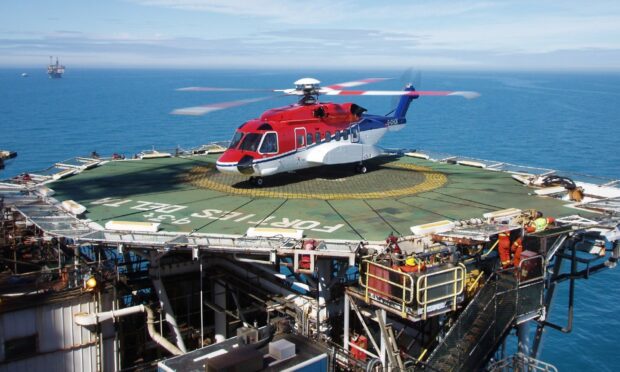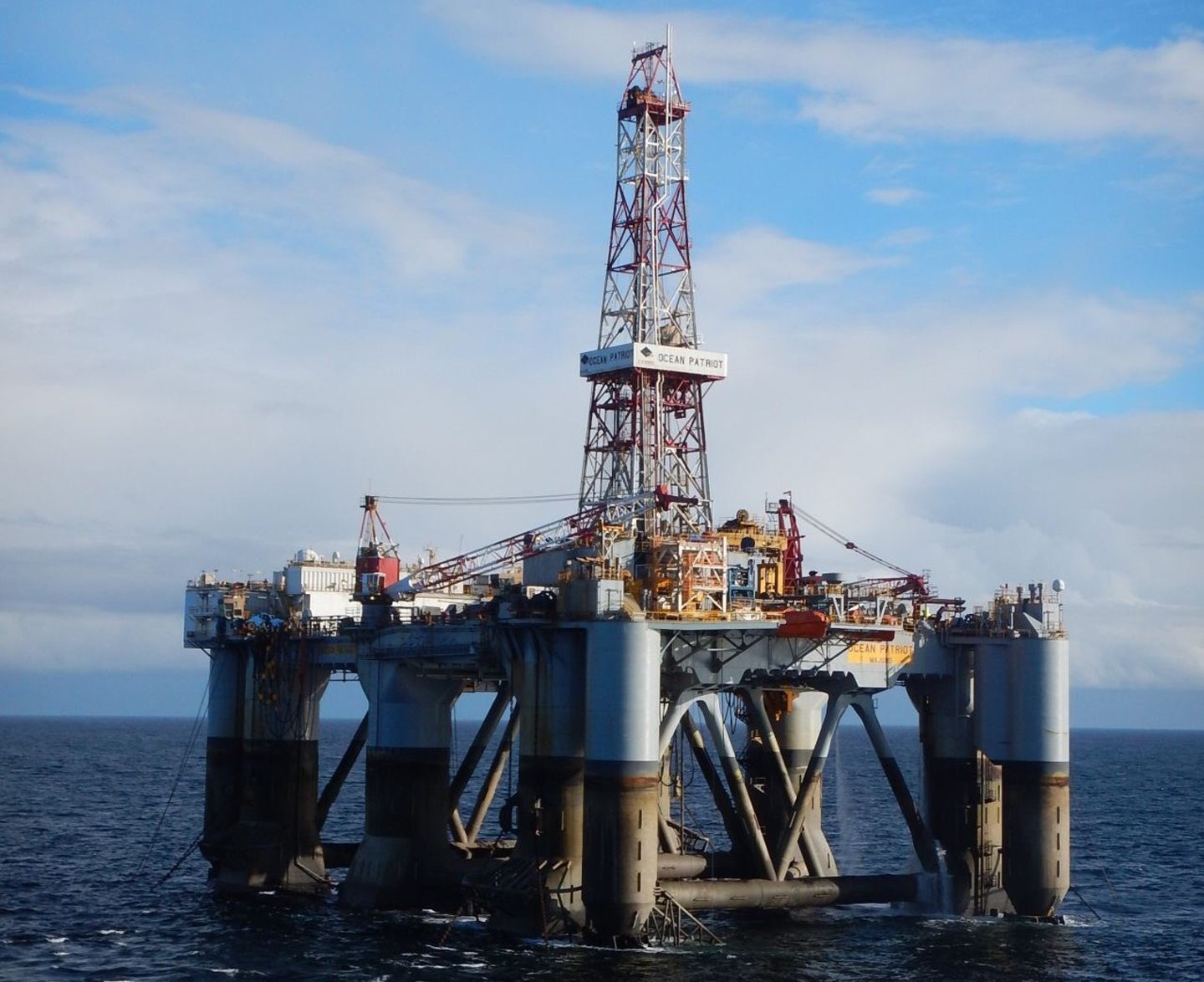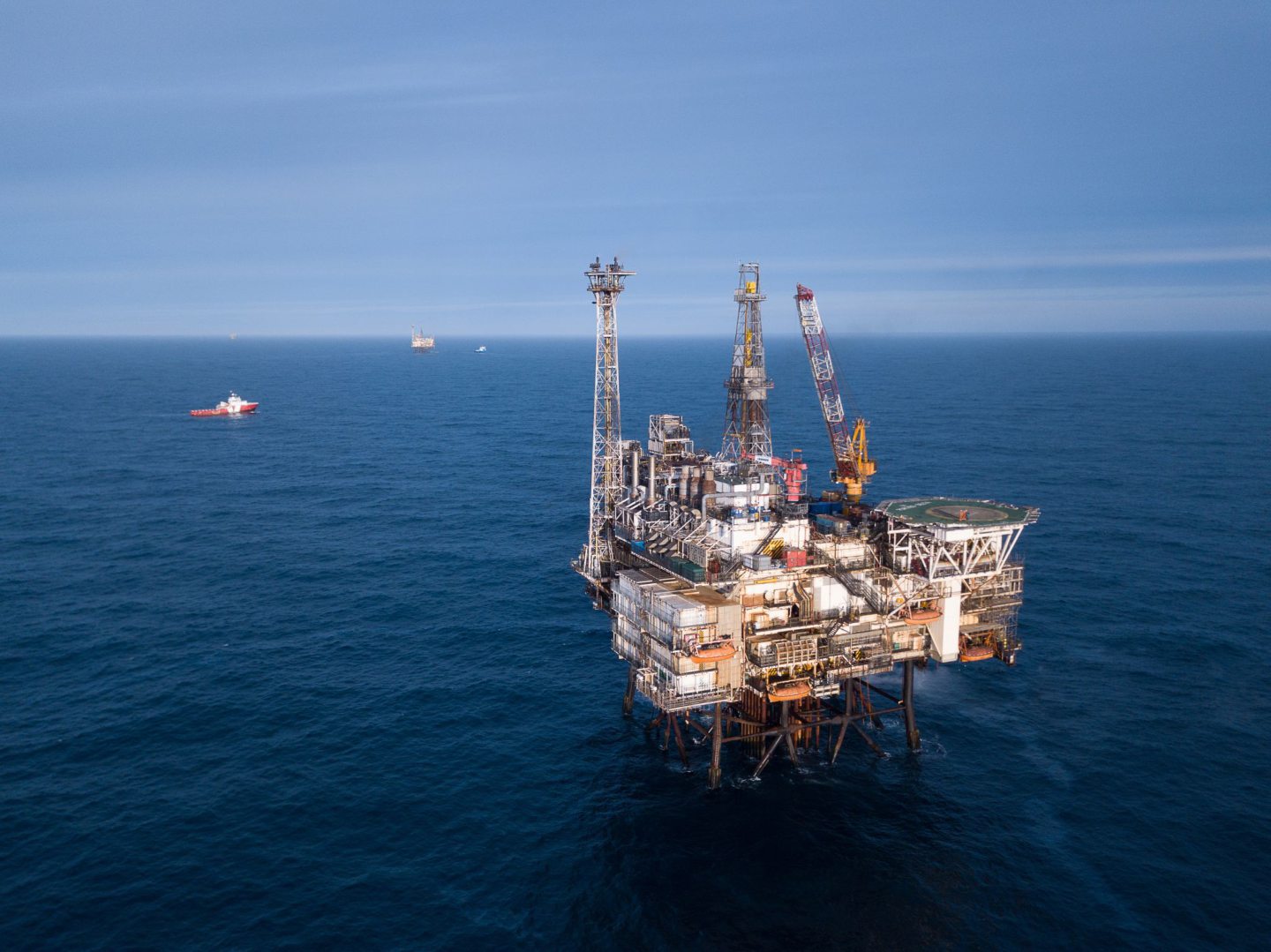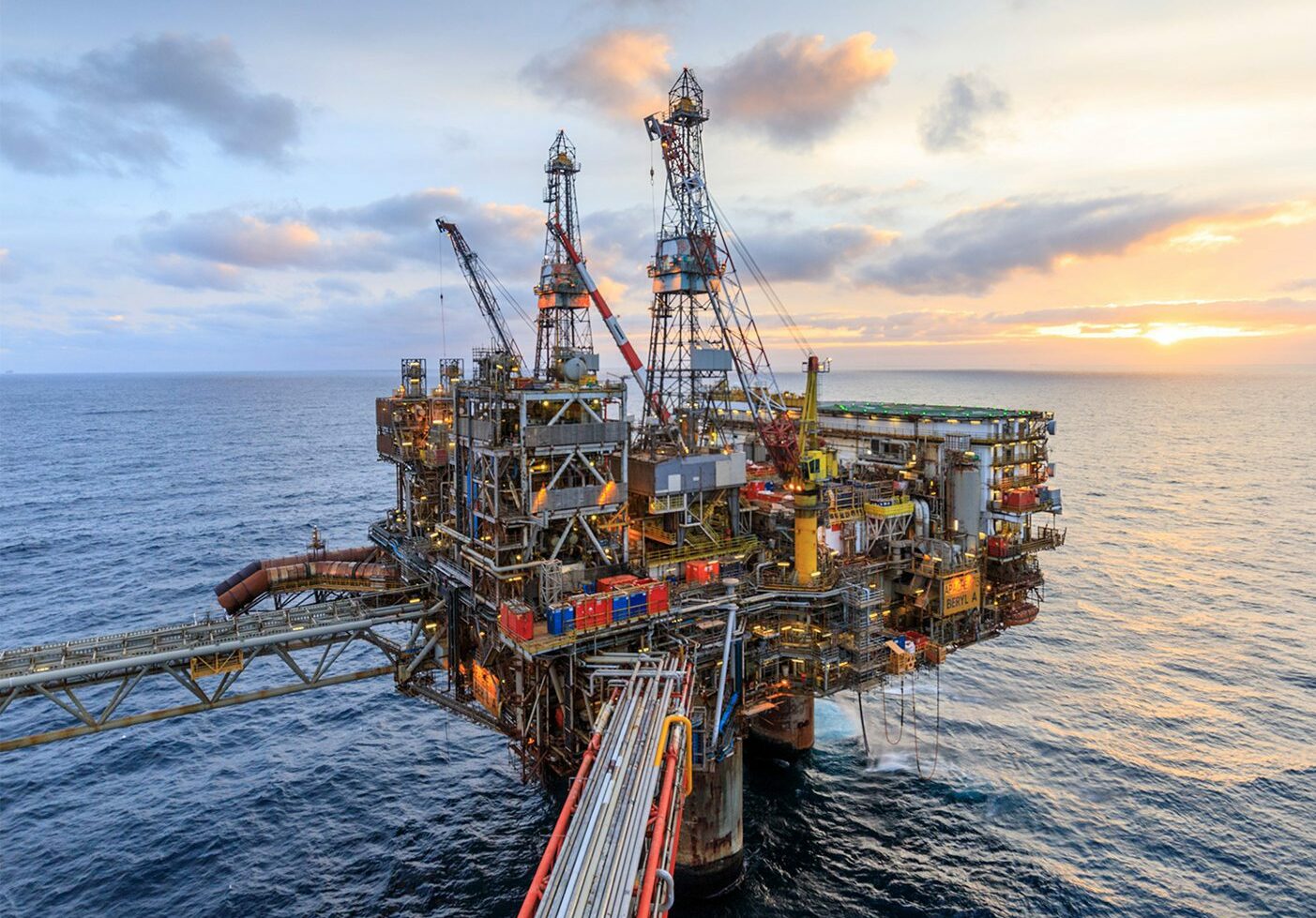Apache Corporation’s decision to suspend all North Sea drilling may be in breach of offshore licensing rules.
But the oil and gad industry regulator, the North Sea Transition Authority (NSTA), is not expected to seize any of the firm’s assets in response, market experts said today.
Last Friday it emerged US-based Apache had axed around 30 jobs in the UK North Sea.
And it said it had suspended all oil and gas drilling activity in the region, including platform workovers to boost output from fields including Forties and Beryl.
The firm had already scaled back North Sea drilling, terminating a contract for the Ocean Patriot rig.
Apache’s decision will impact North Sea production
The decision was made before last week’s announcement by the UK Government that a new windfall tax price floor is being introduced.
Westminster said the commitment to abolish the levy if wholesale oil and gas prices fall far enough would deliver more ‘”certainty” for the industry.
NSTA asset stewardship rules oblige firms to maximise economic recovery from the North Sea.
Apache’s workover plans are key to stemming production decline on Forties and Beryl.
It leaves a question mark over next steps for the Apache portfolio.
According to one expert, a sale is looking likely. Others have described the move as “surprising”, given Apache has been active in the North Sea for 20 years, and “another blow to the sector”.
NSTA, which has powers to withdraw licences and remove operators from assets, said: “We do not comment on individual cases.”
The regulator declined to confirm whether it is investigating Apache’s circumstances, citing commercial confidentiality reasons.
Houston-headquartered Apache said it was responding to a “burdensome regulatory and tax regime” and told workers “rising costs” were partly to blame for the redundancies.
Stephen Jewell, managing director of consultancy Well Decom, said: “Apache has surely not told NSTA the same story they told their staff? If they did, then NSTA should be pointing out, in no uncertain terms, Apache’s licence obligations.”
NSTA’s ultimate sanction is to withdraw Apache’s licences but this is “unlikely”, Mr Jewell added.
North Sea fire sale?
Ashley Kelty of investment bank Panmure Gordon said: “The UK portfolio is likely to be put up for sale.
“If Apache look like they may have the assets confiscated with no value, it will simply end up allowing potential buyers to lowball any offers (as they could step in to take over in the event assets were confiscated).”
Workers affected noted Apache is still making a “chunk of cash” from the UK portfolio, which accounted for 14% of production by the firm in 2022.
If Apache look like they may have the assets confiscated with no value, it will simply end up allowing potential buyers to lowball any offers.”
Ashley Kelty, Panmure Gordon
Apache plans to instead focus on more lucrative areas like Suriname, onshore US and Egypt.
Mr Kelty said: “I can see how the workers may think its generating lots of cash.
“But in the context of the wider Apache portfolio, the UK… is probably marginal at current tax rates.”
On the possible licence breach, he added: “I suspect the NSTA will highlight the minimum commitments to Apache management and Apache will, grudgingly, meet that.”
The “another blow” comment came from Yvonne Telford, senior analyst at Westwood Global Energy Group.
Highlighting the impact of the energy profits levy (EPL), or windfall tax, which has taken total North Sea taxation to 75%, she added: “The UK is no longer attractive to Apache in its global portfolio.
The EPL floor prices proposed by the government last week are unlikely to move the dial for near-term investment.”
Apache entered the North Sea in 2003 with its acquisition of the Forties field from BP.
Explaining the suspension of UK North Sea drilling, the company said: “This was a business decision as these assets have become less competitive in comparison to the rest of our portfolio.”




Conversation